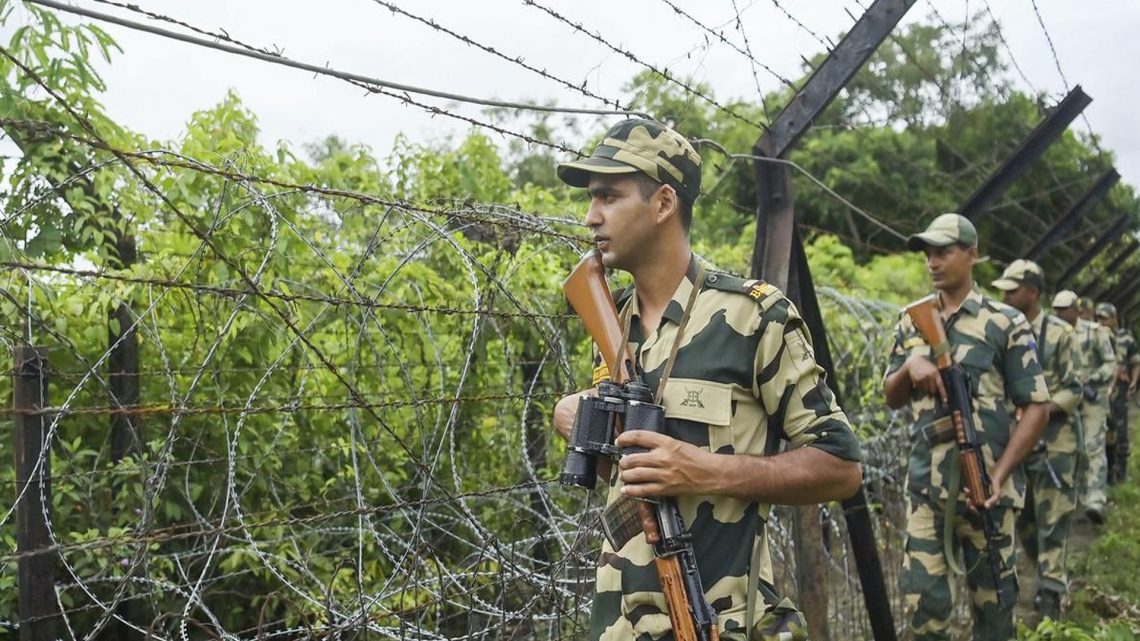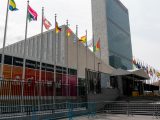
34 Years On: The Thune-Kangan Massacre and the Fight for Justice
September 10, 2024For 34 years, the families affected by the Thune-Kangan massacre have been denied justice. On September 10, 1990, in Indian-illegally occupied Jammu and Kashmir (IIOJK), Indian Border Security Force (BSF) personnel committed a brutal act of violence in Thune-Kangan.
That day, 15 individuals, including Eng. Tariqul Islam, Ghulam Muhammad Wani, Frooq Ahmed Lone, and Parvaiz Ahmed, were killed. The victims were traveling on a bus when Indian BSF personnel attacked, firing indiscriminately and setting the bus on fire. A dozen others sustained injuries.
Despite the passage of over three decades, the families of the victims continue to seek justice. The perpetrators of this massacre have evaded accountability, and the violence persists under the cover of the Armed Forces Special Powers Act (AFSPA), a law that grants sweeping powers to the military in IIOJK.
An eyewitness to the massacre recounted the horrifying events to the sources. According to them, Indian BSF personnel ambushed the passenger bus in the evening as it traveled from Sunamag to Kangan. The bus was stopped abruptly, and the Indian BSF opened fire without any provocation or warning.
The survivors managed to escape under the cover of darkness, but the trauma of that night remains etched in their memories. The massacre stands as a blatant example of the ongoing human rights abuses in IIOJK.
The persistent denial of justice reflects a broader issue of impunity for Indian troops operating under AFSPA. The Thune-Kangan massacre is a tragic reminder of the severe consequences faced by civilians in IIOJK and the need for accountability and redress.
The quest for justice for the victims of the Thune-Kangan massacre continues as their families and supporters demand a thorough investigation and accountability for the Indian BSF personnel involved. The international community and human rights organizations are urged to support these efforts to ensure that such atrocities are not repeated and that the victims’ families receive the justice they have long been denied.

